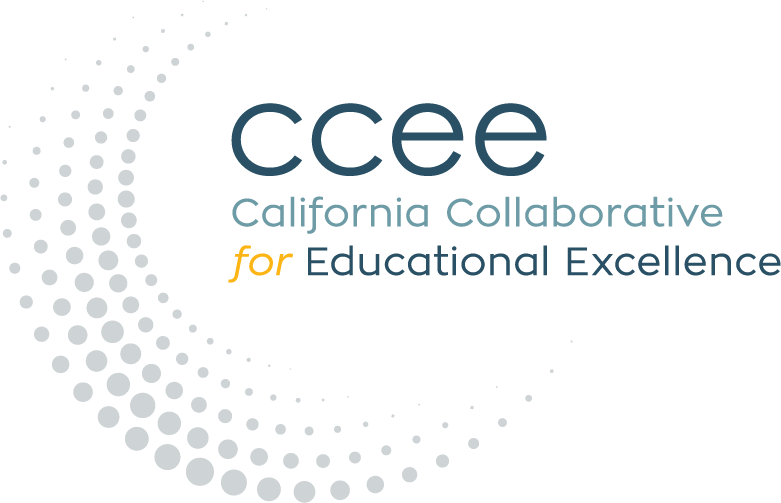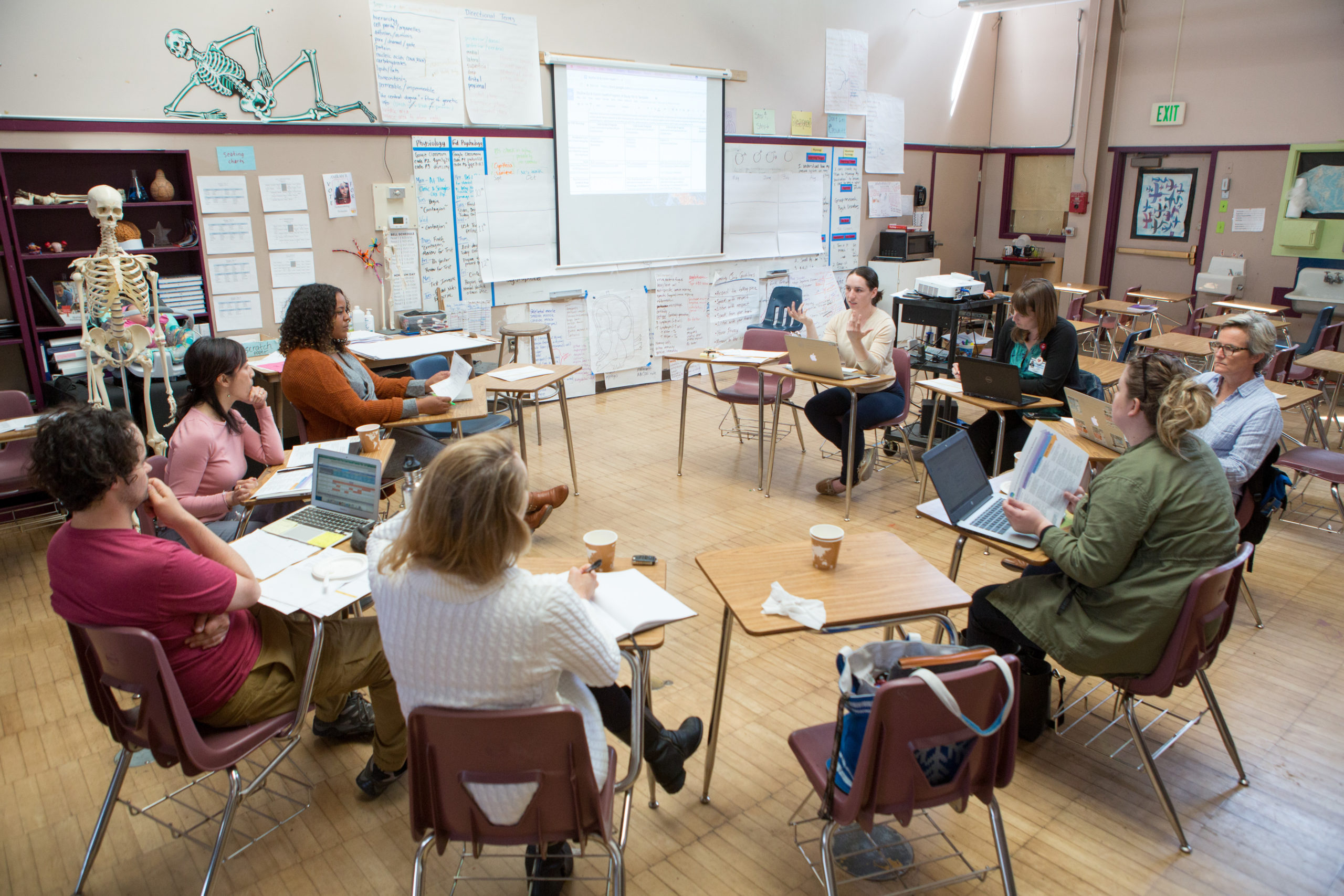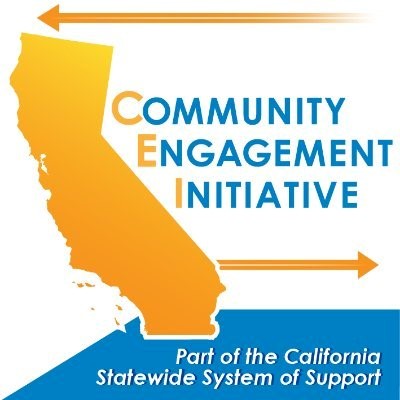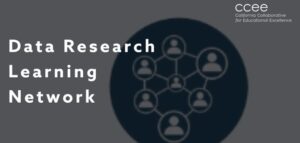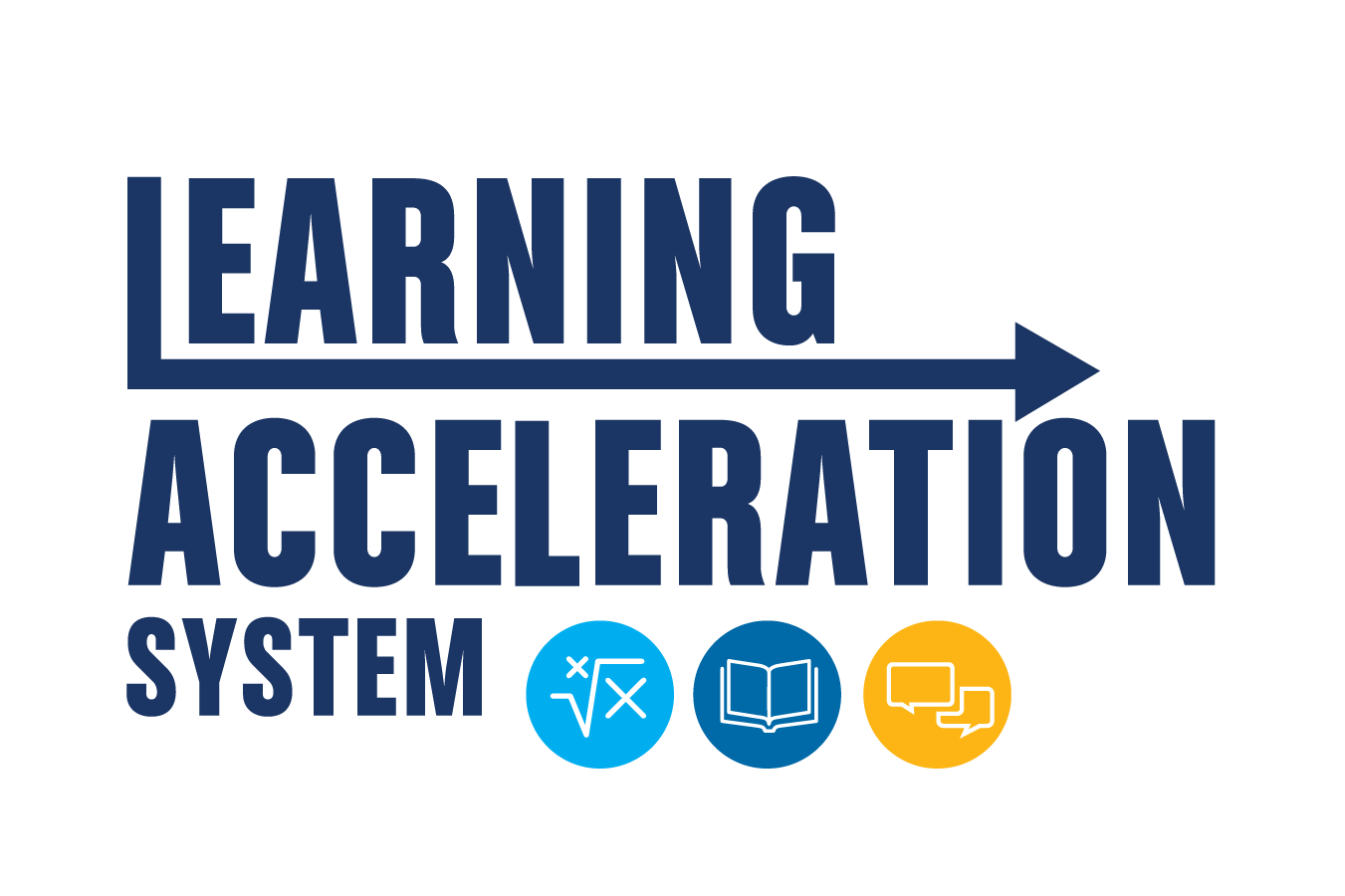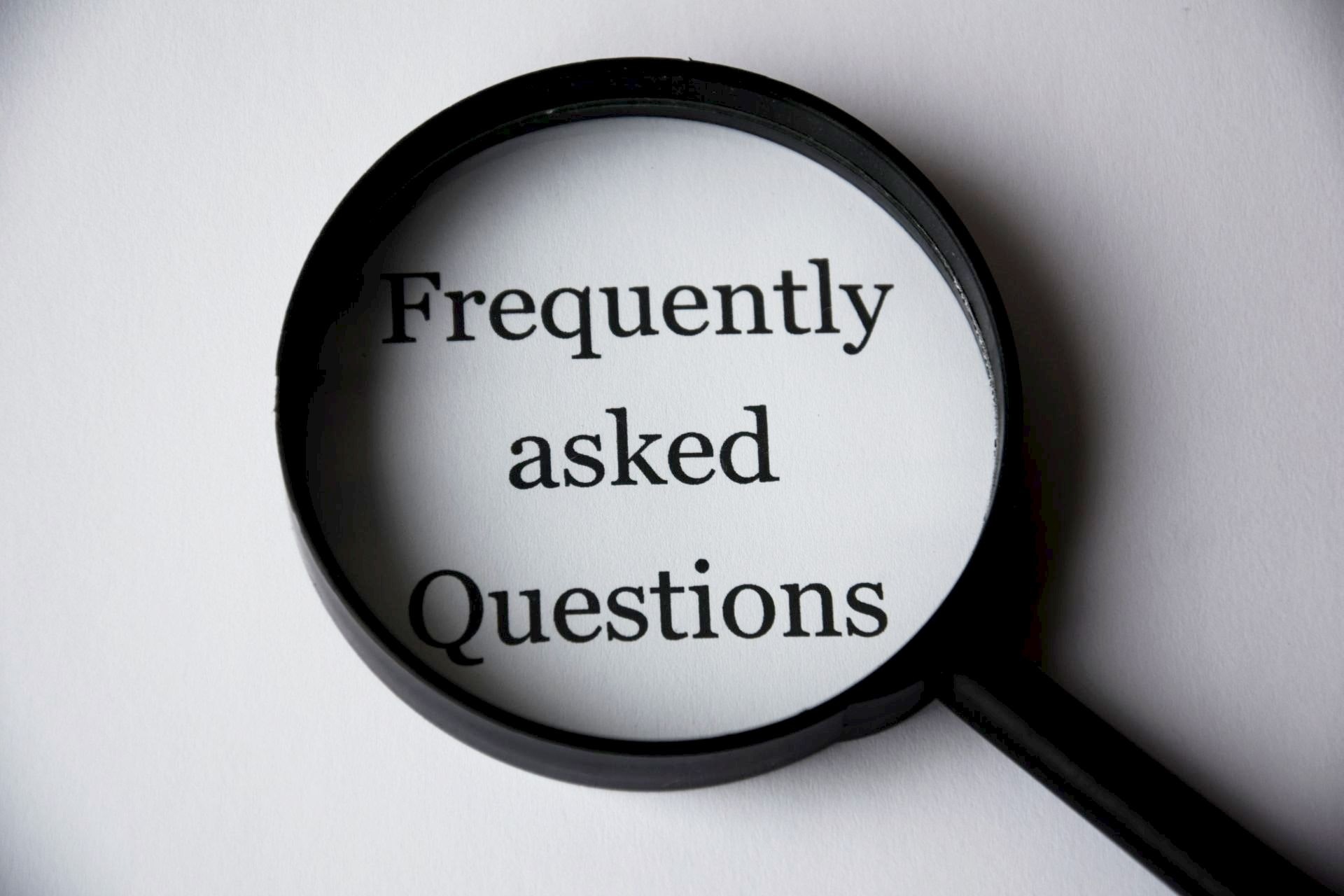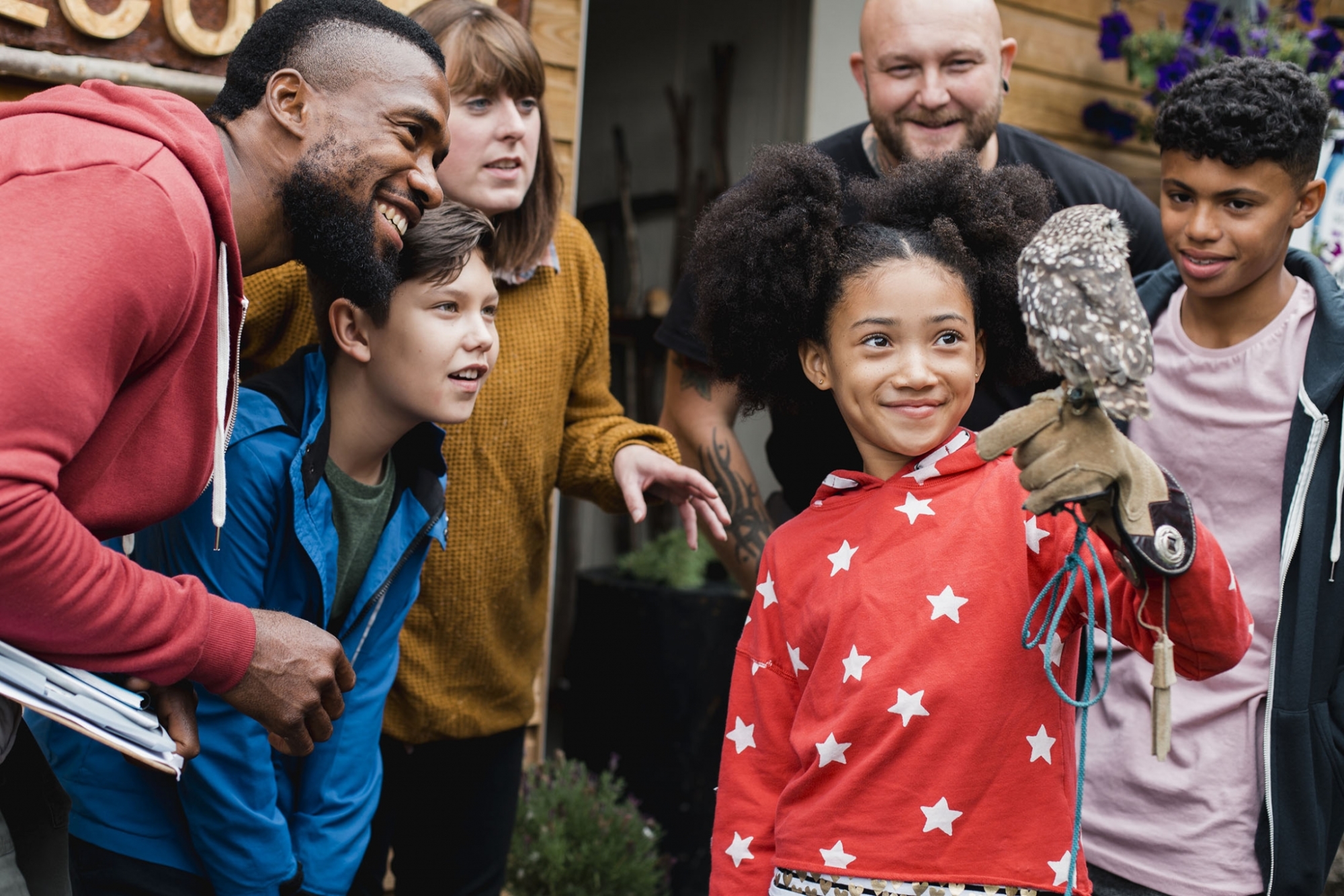Category: NEWS & EVENTS
Register NOW! Free UPK Workshops
CCEE Connection (February 2023)
News & Announcements
Request for Applications – Community Engagement Initiative 2.0 Lead Agency
The California Department of Education and the CCEE invite interested county offices of education, on behalf of a consortium of entities (e.g., LEAs, institutions of higher education, nonprofit educational services providers), to apply to be named as the Lead Agency to co-administer the expanded 2.0 work of the Community Engagement Initiative (CEI). Application details
21CSLA Research-Practice Webinar: Hate speech on social media—What can leaders do?
Featuring Dean Tina Christie and Dr. Arif Amlani (UCLA School of Education and Information Studies) in conversation with leaders from the field and facilitated by Professor Jabari Mahiri (Berkeley School of Education) on Wednesday, February 15, 3:30–4:30 pm. All webinars are free and open to the public, but advance registration is required. Learn more and register here. Until then, watch recordings of past webinars.
In Case You Missed It
System of Support Updates (February 2023)
Looking Ahead
California Dyslexia Initiative Professional Learning Network
Do you want to better understand how to support struggling readers and students with dyslexia in your school?
Join Sacramento COE, the CDE, CCEE, and SBE on March 1 to learn more about identifying risk factors, setting up effective MTSS/RTI school systems to prevent reading difficulties, and delivering research-based instruction to support and remediate struggling learners and students with dyslexia.
21CSLA UTK Leadership Initiative
The 21CSLA Universal Transitional Kindergarten Leadership Initiative prepares leaders to “lead for equity” in rolling out California’s Transitional Kindergarten for all four-year-olds.
Join the 21CSLA Valley to Coast Regional Academy for two series they are hosting:
- Series 1: Leaders Envisioning Equitable TK Classrooms in Action
- Series 2: Leadership Practices to Support, Integrate, and Align UTK
Join the 21CSLA Mid-State Regional Academy for a two-day event on envisioning and leading equitable TK Classrooms they are hosting:
- Day 1: Leadership Practices to Support, Integrate, and Align P-3
- Day 2: Inquiry through Play
February Resources
African American Heritage Month
Feb 1 – Global School Play Day
Feb 20 – National Leadership Day
About the Teaching Learning and Leading Center (TLLC)
Our team works in alliance with educators to improve teaching, learning, and leadership so every student is inspired and prepared to thrive as their best self.
About the CCEE
The California Collaborative for Educational Excellence is a statewide leader delivering on California’s promise of a quality, equitable education for every student.
Executive Director’s Corner
The 2022 Dashboard results are out…Now what?
By Matt J. Navo, Executive Director, CCEE

The 2022 Dashboard results confirmed that the impact of COVID-19 created lasting educational challenges. Challenges that require a continued focus on providing safe and healthy school environments, an intense focus on addressing educational inequities exacerbated by learning challenges, and finding collaborative solutions for improved educational outcomes.
Now what? The good news is that there have been many investments by both local, county, and state officials to help prepare for this predictable need. The state investments in Community Schools, Expanded Learning Opportunities Grants/Programs, Universal Pre-K, Transitional Kindergarten, Social Emotional and Behavioral Health, and Learning Acceleration System Grant have all been put in place in anticipation of the challenges educators would face, and most importantly what students would need.
In this newsletter, our Teaching, Learning, and Leading Center (TLLC) team highlights some of the resources available to help educators, administrators, and other partners address the challenges ahead.
Learning From and With Each Other
By Stephanie Gregson, Ed.D., Deputy Executive Director of the Teaching, Learning & Leading Center, CCEE
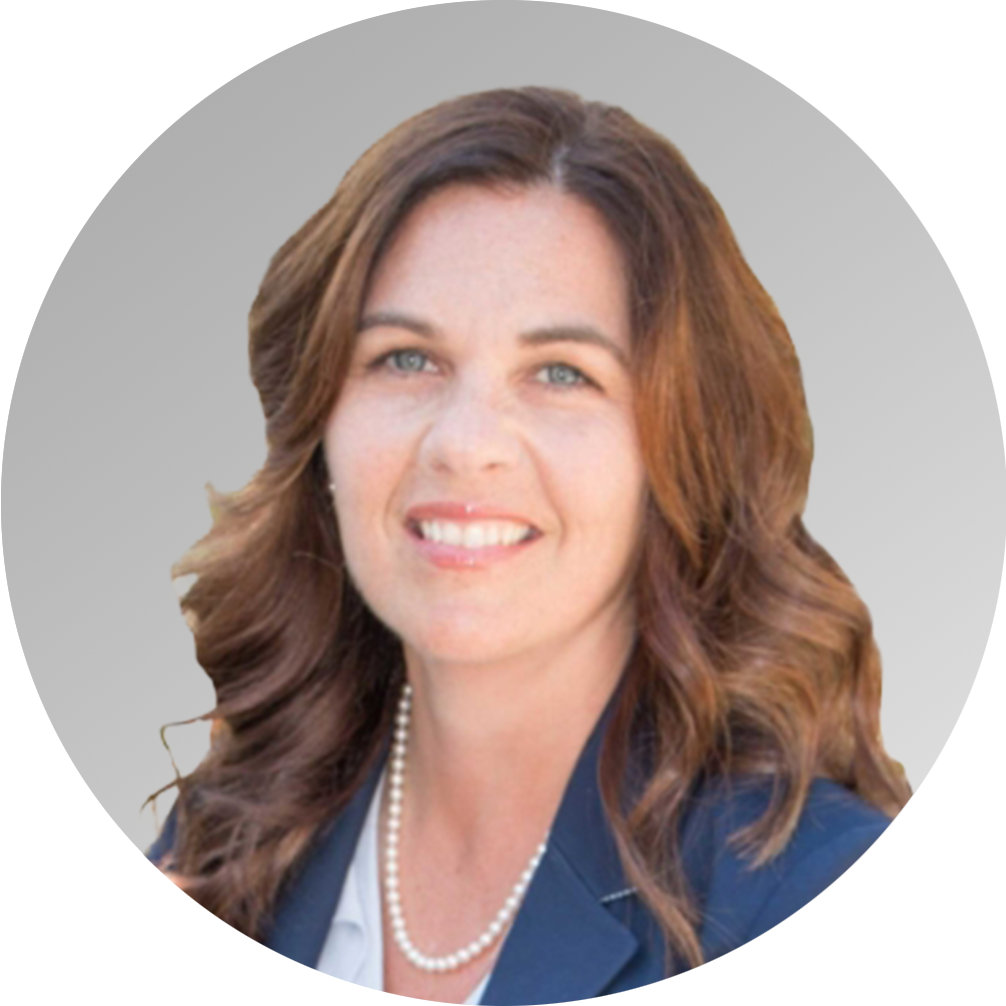
As was stated in the Executive Director’s Corner, there have been substantial investments by local, county, and the state to help educators address challenges. With these substantial investments and highlighted state initiatives, there is the opportunity to learn from each other and to learn together. There were many lessons from the pandemic, one of them being we all do better, and our students do better when we are in a learning space together. The next several articles will share the different opportunities CCEE is convening and facilitating for educators across the state to share space and to learn together. These professional learning networks are just a few examples and range in topics that are timely and relevant to different areas and contexts across our diverse state. You will see threads from Fullan and Quinn’s Coherence Framework woven throughout as we advise and assist districts in cultivating collaborative cultures, deepen learning, focus their direction, and build accountability within their system. We hope to see you in one of our future professional learning networks.
Lifelong Learners: Professional Expert Learning Network
By Erik Swanson, Senior Advisor of the Teaching, Learning & Leading Center, CCEE

“When you know better, you do better.” Maya Angelou
The Teaching, Learning, and Leading Center (TLLC) works to support districts experiencing chronic systemic challenges through Direct Technical Assistance (DTA). The team that supports these districts is comprised of CCEE employees and a diverse set of experienced educators throughout our state.
As an organization focused on getting better at getting better, a year ago, after thoughtful discernment and reflection about the model guiding our support, the Center made the decision to adopt the Coherence Framework by Fullan and Quinn as the foundation of our support. This framework coupled with our intentionality on fostering compassionate systems that utilize quality improvement tools and the cycle of continuous improvement is now how we are best partnering with districts and their leadership teams.
This year, our monthly learning network meetings have been focused on grounding our professional experts in the new model. For this reason, our convenings are focused on three main topics…
- The “Coherence” book study,
- A review of the revised phases of direct technical assistance, and
- Sharing and soliciting feedback on the protocols and tools being developed to best serve our partner districts.
The conversations this year have been rich with the sharing of each members vast experiences in different contexts and how that expertise, aligned with the framework can continue to support the districts receiving Direct Technical Assistance. We are excited about the opportunity to continue to learn together in a singular effort to be more prepared to serve our districts who serve the students of California most in need.
Better Together: The Learning Acceleration System Grant Professional Learning Network
By Stacey Wedin, Assistant Director of the Teaching, Learning & Leading Center, CCEE

The Learning Acceleration System (LAS) Grant is a statewide initiative to build systems and capacity to provide California educators with professional learning around evidence-based strategies to accelerate student learning. The CCEE has partnered with three LAS grantees and their respective partner agencies to achieve our collective goals. The goals are ambitious and, indeed, strong partnerships, shared accountability, and authentic collaboration are critical ingredients to our recipe for success. The CCEE established the LAS Grant Professional Learning Network as a space where grantees, along with their teams, can cultivate collegiality, alignment, and deep learning across projects as we move through phases of implementation together.
Two primary objectives were established for the LAS Grant PLN:
- To form a learning community focused on developing, sharing, aligning, and scaling evidence-based best practices related to learning acceleration across California.
- To develop strategies for systematically evaluating learning acceleration for the purposes of improvement, sustainability, and communication.
During the quarterly PLN meetings, LAS grant partners discuss a myriad of topics, including implementation successes and challenges (along with solutions), outreach strategies, and opportunities to support, connect, or align efforts. Maintaining a trusting, vulnerable, respectful learning environment is paramount. The LAS grant work is dynamic, complex, varied, and just getting started. The PLN will serve to coalesce grantees around a shared purpose despite varied approaches, calibrate expectations around impact and success, and fuel the steadfast commitment of LAS grant partners to support educators and accelerate learning. To learn more, please visit the recently launched LAS Grant website.
Independent Study Professional Learning Network
By Gonzalo Avila, Ed.D., Senior Manager of the Teaching, Learning & Leading Center, CCEE

Is your district, school, or county office struggling with creating effective structures and processes to create a rigorous independent study program? Then this professional learning network is for you. CCEE facilitates monthly sessions where Independent Study Professional Learning Network (ISPLN) participants learn strategies, structures, practices, policies, and procedures that districts have adopted to effectively engage their local communities in support of improving student outcomes.
This year, our focus is on professionals sharing their best practices for Independent Study implementation. Districts and counties from across the State are involved in this high level collaboration. Please join our next meeting on March 6th. To join our meeting, please complete registration.
Feel free to contact Gonzalo Avila at [email protected] or visit our website for more ISPLN information.
Upcoming Learning Acceleration System Grant Opportunities!
Evidence-based strategies for rapid student progress
For more information visit our new Learning Acceleration System Grant website!
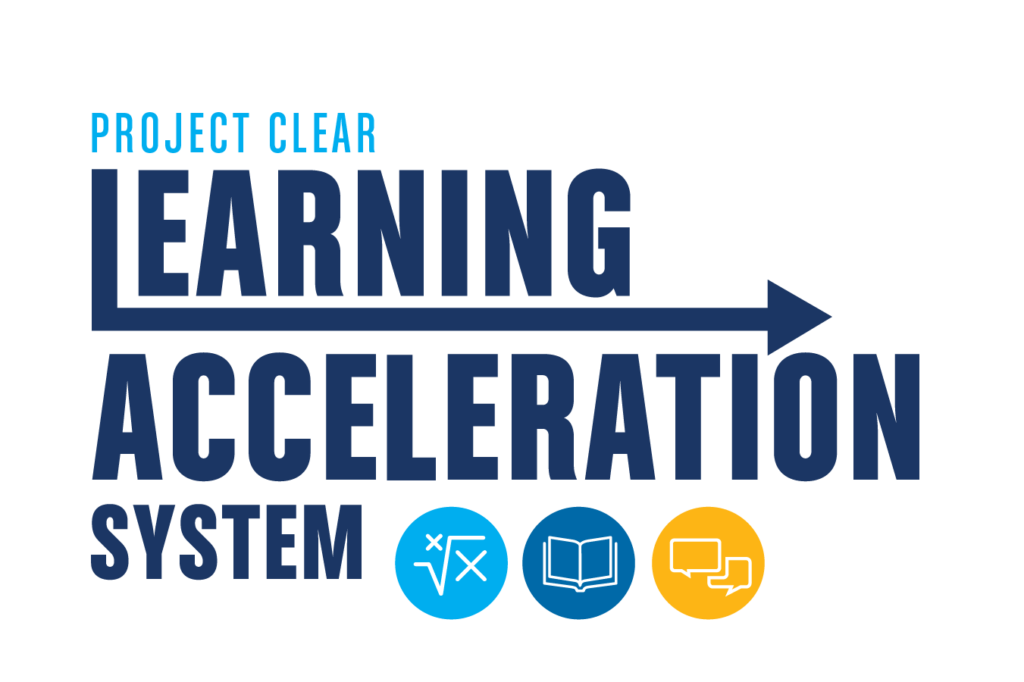
Project CLEAR is offering a series of free after school virtual workshops on Literacy Learning starting February 13, 2023. Participants will explore different elements of powerful literacy teaching and learning. Learn about strategies to accelerate students’ literacy that you can apply today! For more information, see Project CLEAR’s flyer.
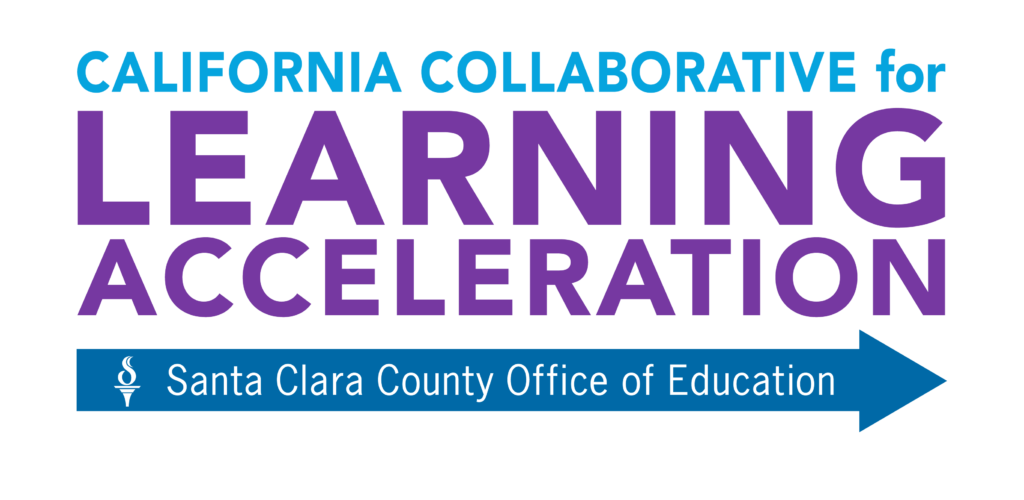
Just released … FREE, online, asynchronous professional learning courses for learning acceleration in targeted math, literacy, and language development areas that infuse critical elements of Universal Design for Learning, Culturally Sustaining Pedagogy, and Social-Emotional Learning. If you wish to learn more, visit the CCLA Website .
Act now! CCLA is hosting its FREE inaugural summit on March 11, 2023! Register to gain knowledge and deepen understanding of learning
acceleration to reinvigorate classroom instruction to improve student outcomes.
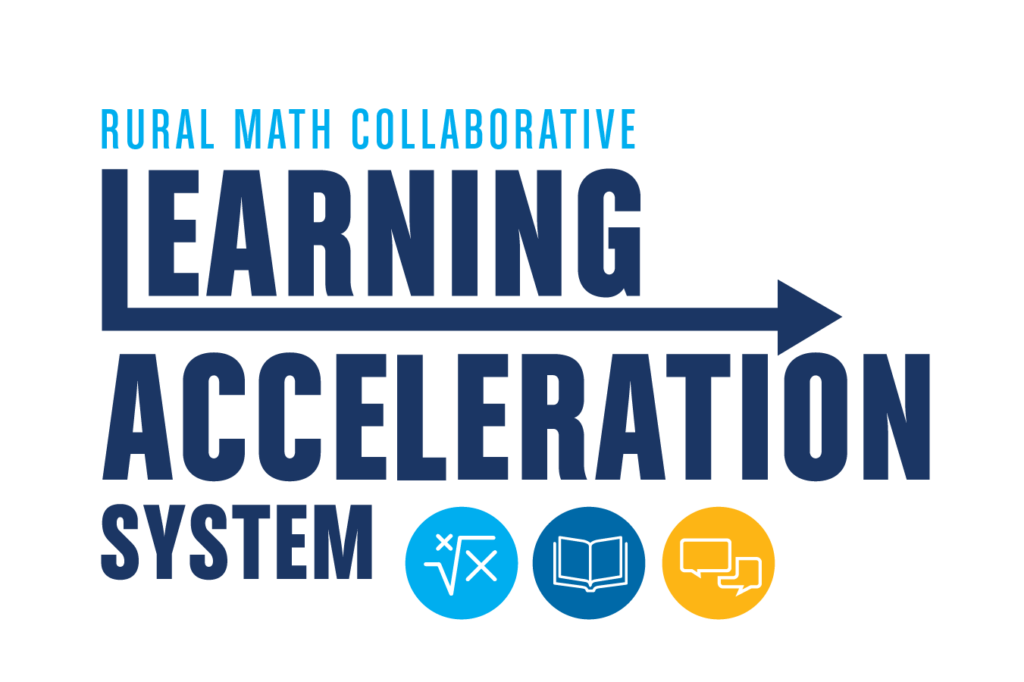
Coming Fall 2023… FREE, online, asynchronous professional learning modules on Multi-tiered System of Support and Universal Design for Learning in the mathematics classroom, coaching, Lesson Study, and instructional strategies and concepts from the California Mathematics Framework.
Friday 5 – Resources from CCEE’s Learning Acceleration Grant
CALL for RFA Proposals: California Community Engagement Initiative Lead Agency
The Community Engagement Initiative (CEI) was established in 2018 under Assembly Bill 1808, section 140 (Chapter 32 of the Statutes of 2018) as part of California’s Statewide System of Support as a key lead initiative, with a $13.2 million investment. The CEI is tasked with building the capacity of communities and school districts to conduct meaningful engagement by building capacity in school districts, identifying effective models of community engagement and metrics, developing effective peer-to-peer partnerships between school districts and county offices of education (COEs). Currently, the CEI represents 44 Local Educational Agencies (LEAs) statewide, which include schools, districts, and county offices of education. The 2022-23 Education Omnibus Budget Trailer Bill (Assembly Bill 181, Chapter 52 of the Statues of 2022) funded and established an expansion of the CEI with an additional $100 million investment.
For more information on the Community Engagement Initiative or to join a future Professional Learning and Leading Network (PLLN), contact Steven Sterling Mitchell ([email protected])
RFA: https://www.cde.ca.gov/fg/fo/r16/cei2leadagencyrfa.asp
RFA Program Questions: California System of Support , email: [email protected]
NEW: CCEE Data Research Learning Network (DRLN)
CCEE’s Center for Innovation, Instruction, and Impact (i3) is launching the Data Research Learning Network (DRLN) in 2023. The i3 DRLN brings together select districts and counties from across the state of California to innovate their data systems for accelerated student learning. Through a three-pronged approach, districts and counties transform their data program and practices by conducting a Data Equity Review, promoting Deeper Learning through formative assessment practices, and communicating success with Data Dashboards.
To learn more, please visit the DRLN website. If you have any questions or would like to join the DRLN, please contact Dr. Ingrid Roberson at [email protected].
NEW: Learning Acceleration System Grant Resources
Just released for CA educators! High-quality professional learning resources for strong & rapid acceleration in math, literacy & language development with the Santa Clara County Office of Education, San Diego County Office of Education, and Lake County Office of Education.
To learn more, please visit the Learning Acceleration System Grant website or contact Stacey Wedin ([email protected]).
FAQs on Eligibility for Assistance under California’s Accountability System
Under California’s Local Control Funding Formula (LCFF), County Offices of Education, the California Collaborative for Educational Excellence, and the California Department of Education have specific responsibilities within the Statewide System of Support to assist local educational agencies. Along with staff from the State Board of Education, a series of frequently asked questions were identified to help ensure a consistent and responsive approach to support local educational agencies identified needs.
Friday 5 – Why UDL Video Series – Part 1
CCEE Connection (January 2023)
News & Announcements
- System of Support Updates (December 2022 / January 2023)
January Resources
- Microlearning Modules – Designed to support substitute teachers, paraeducators, and other instructional staff, these short 5-8 minute videos share immediately applicable tips, strategies, and tools. Microlearning modules are also supplemented with downloadable handouts, instructions, and other materials and resources.
- UDL Journey Guide – This digital travel companion guides district leaders and teams through four stages of implementing Universal Design for Learning (UDL), with connections to state and national supports along the way.
- Dashboard Communications Toolkit – This toolkit provides materials to support LEAs with sharing the 2022 California School Dashboard data to parents, community members, and educators, along with additional resources for analyzing Dashboard data.
About the I3 Center
The Innovation, Instruction, and Impact (I3) Center implements a statewide approach to improving LEA capacity by collaboratively developing, delivering, sharing, and spotlighting practices that have demonstrated the power to improve outcomes for students.
About the CCEE
The California Collaborative for Educational Excellence is a statewide leader delivering on California’s promise of a quality, equitable education for every student.
Executive Director’s Corner
By Matt J. Navo, Executive Director, CCEE

CCEE uses data to improve and deliver its statutory and improvement obligations across the state. The Innovation, Instruction, and Impact (I3) Center is the backbone of data for CCEE. They support the agency in analyzing the organization’s effectiveness and in identifying “bright spots” in the state that other local educational agencies (LEAs) can learn from.
Under the leadership of Deputy Executive Director Sujie Shin, the goal of the I3 Center is to support the work of the CCEE, collaborate with state lead agencies, and use data to improve. This month’s newsletter highlights ways you can work with the I3 Center and other LEAs on various improvement initiatives related to improving outcomes for students through the use of data in your organization.
Measuring the Effectiveness of California’s Professional Learning Initiatives
By Allan Taing, Senior Manager of Research & Impact Analysis, CCEE

During the 2021-2022 budget cycle, the state invested $75 million across three grant programs to enhance the educator professional learning infrastructure within the Statewide System of Support. Through the Education Omnibus Trailer Bill of the 2021 State Budget Act, CCEE is working with our partners at the California Department of Education (CDE) and the State Board of Education (SBE) to support the county offices of education that have been selected as program leads for these grants to develop professional learning opportunities for learning acceleration, literacy, and open educational resources. The four-year $50 million Learning Acceleration System Grant Program will be led by Lake, San Diego, and Santa Clara County Offices of Education; the four-year $10 million Reading Instruction and Intervention Grant Program will be led by Contra Costa Office of Education; and the two-year $15 million High-Quality Online Instructional Materials Initiative will be led by Kern County Superintendent of Schools.
In addition, evaluation leads have also been selected to lead rigorous program evaluations to determine the effectiveness of these professional learning initiatives. Education Northwest and Social Policy Research Associates will lead the evaluation of the Learning Acceleration System Grant, while the American Institutes for Research (AIR) will evaluate the Reading Instruction and Intervention Grant Program, and WestEd will evaluate the High-Quality Online Instructional Materials Initiative.
An important component of these program evaluations is the connection of these professional learning initiatives to supporting system transformation, improving tiered supports, and measuring impact. To support larger statewide coherence, CCEE, CDE, and SBE are coordinating the work of these evaluation teams to develop a common set of data metrics across evaluations and to support alignment not only across these evaluations and other related programs, but also within the System of Support. These evaluation teams are convening on a recurring basis with the CCEE, CDE, SBE, representatives of the Statewide System of Support, designated county offices of education, and other selected partners in support of this coherence effort.
The first gathering was a “data boot camp” in July to support the evaluation teams with the data and resources available to them as they launched their evaluation projects. The second gathering in August brought in program evaluation teams conducting ongoing statewide system evaluations to share their lessons learned to the new evaluation teams. Moving forward, these convenings will occur on a bi-annual basis and the objective of these convenings will be to discuss data collection, analyses, interim results, and implications for ongoing development. The goal of this work on coherence and alignment is to uncover the evidence-based practices that promote educator professional development and ultimately support transforming education for all students in California.
Balancing Data and Assessment Systems to Accelerate Learning
By Ingrid Roberson, Assistant Director of Research Learning, CCEE

The Center for Innovation, Instruction, and Impact (I3) is excited to announce the I3 Data Research Learning Network (DRLN). The I3 DRLN brings together select districts and counties to innovate around data and assessments, focusing on one of two areas: Balanced Assessment Systems or Balanced Data Systems. To promote deeper learning, districts conduct a Balanced Assessment System review, ensuring that supportive policies, programs and practices are in place for formative assessment practices that promote student agency in the classroom. For more Balanced Data Systems, districts assess their current data systems through an equity lens, identifying opportunities for innovation. Districts can also capitalize on the latest data visualization technology for continuous improvement and community engagement.
The I3 DRLN is a timely opportunity, especially for small to mid-size districts and counties, to leverage their data and assessment systems (and investments) to accelerate learning. According to Hilary Kjaer, Director of Teaching and Learning at one of the selected districts, “Rincon Valley Union School District is excited to embark on this journey with the I3 DRLN team! As we strive to develop a strategic plan for accelerating student learning, we know this is the perfect collaborative partnership.” The DRLN is a three-phase initiative with the Planning Phase starting in January 2023 and running through June 2023. To learn more about this innovative initiative, please see the I3 DRLN website which will be updated throughout the year.
Why Universal Design for Learning?
By James McKenna, Assistant Director of Professional Learning and Leadership Development, CCEE

Universal Design for Learning (UDL) is the bedrock of best first instruction; it’s in every state curriculum framework and is the only framework required by the Every Student Succeeds Act. However, that’s not necessarily a compelling argument to engage educators to begin their implementation of UDL. They’re working hard as it is, and no one has time for “one more thing”.
Except UDL isn’t one more thing. It’s a way to better achieve the things educators are already working hard to do — support language acquisition, engage students socially and emotionally, implement multi-tiered systems of support, and more.
That’s why CCEE has partnered to develop the “Why UDL?” series of videos — to connect UDL to the work that people are already doing and to show how UDL can help them in those efforts. Working with our friends at TextHelp, we’ve recruited state and national experts to engage in conversations and presentations to better communicate how UDL connects to a variety of key initiatives. Housed on the Why UDL page of the UDL Journey Guide, these videos serve as learning opportunities for leaders and teams seeking to implement UDL who can then leverage them as part of their communications and stakeholder engagement efforts.
CCEE is tremendously grateful for the collaboration provided by TextHelp and our speakers, all of whom volunteered their time and contributions to be able to offer these resources to educators across the state at no cost.
| UDL and… | Speaker(s) |
|---|---|
| Blended Learning | Dr. Catlin Tucker, author, educator, and expert in blended learning |
| CA MTSS | Rhonda Marriot-Spencer, CA SUMS and Orange County Department of Education |
| Equity and Antiracism | Andratesha Fritzgerald, author, educator, and expert in UDL, equity, and antiracism; David Toston, Senior Advisor of Equity and Innovation, CCEE |
| Expert Learning | Dr. James McKenna, Assistant Director, CCEE and expert in Universal Design for Learning |
| Language Learners | Dr. Soomin Chao, Multilingual Academic Support; Elise Yerkey, Inclusive Design, from the Los Angeles County Office of Education |
| Social Emotional Learning (SEL) | Lisa Bosio, expert and consultant at Novak Education |
| Special Education | Heather Calomese, Director of Special Education, CA Dept of Education; Kevin Schaefer, Director of Equity and Inclusive Practices, Supporting Inclusive Practices; Mindy Fattig, Senior Advisor of System of Support, CCEE |
Amplifying Innovative Practices Through District Spotlights
By Dorcas Kong, Senior Specialist of Executive Projects, CCEE

The Innovation, Instruction, and Impact (I3) Center is excited to soon be launching what we’re calling the Spotlights Project. Aligned with the goal of the I3 Center, the Spotlights aim to curate stories that identify and amplify emerging practices from school and district teams to collaboratively provide students in California with what they need to thrive.
In the coming weeks, the I3 Center will be publishing Spotlights on different local educational agencies (LEAs) that have implemented innovative and inclusive practices to improve 1) student academic outcomes; 2) student/family engagement and well-being; 3) staff and community supports; or 4) systems, policies, and governance. The Spotlights will shine a light on not only the successes, but also the challenges, pitfalls, and lessons learned to serve as blueprints for other LEAs facing similar issues. Although LEAs across California vary in size and demographics, we hope these documented success stories can pave a way for LEAs to become learning organizations — absorbing the lessons learned, leveraging those perspectives to create accessible points of conversation, and generating ideas around other innovative pathways to replicate some of these successes across the state.

